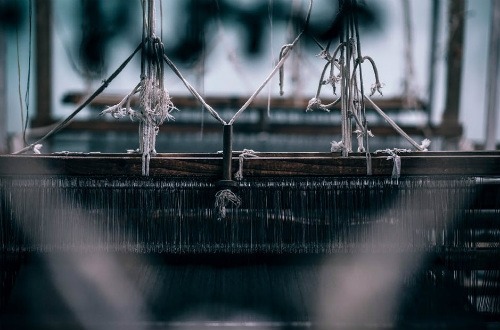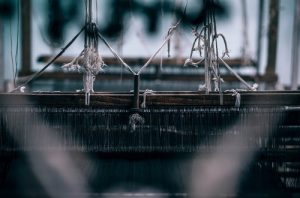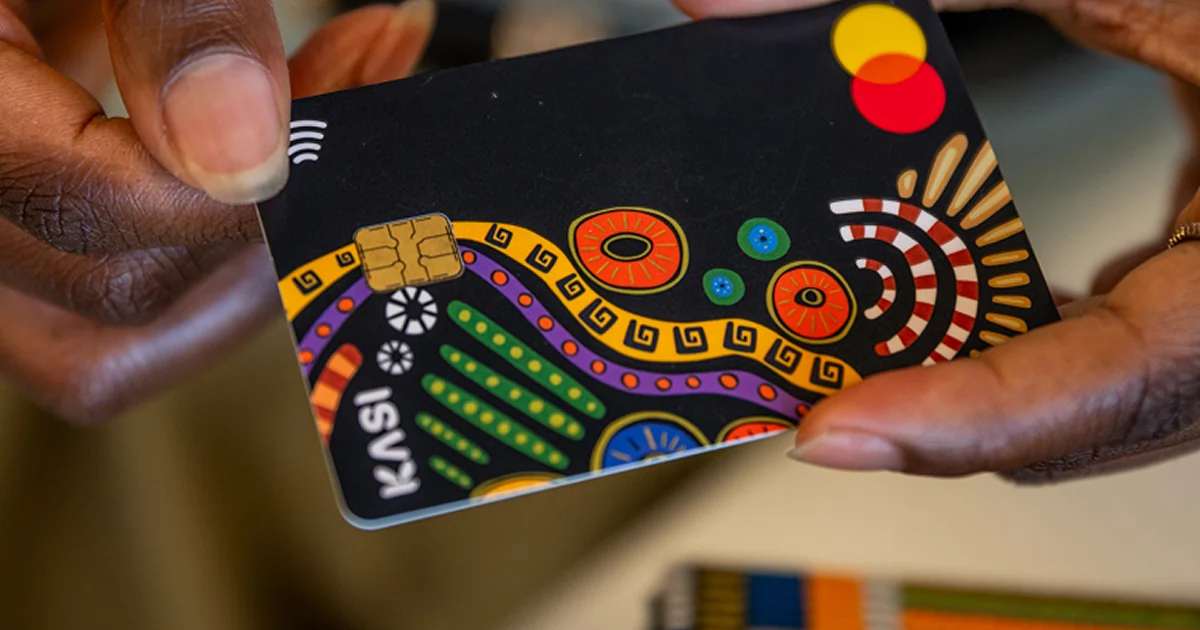Manufacturing is a critical component of the South African economic policy and also important in creating and ensuring that there are jobs in the economy, Minister of Trade and Industry Dr Rob Davies has said.
A statement from the Department of Trade and Industry (dti) on Wednesday, said Davies was speaking during a briefing to the portfolio committee on trade and industry on the state of manufacturing, World Trade Organisation and the Industrial Policy Action Plan (IPAP) in Parliament.
According to the Minister, though the production of digital and changes in manufacturing technologies has led to the decline in the sector, there was still an improvement and very strong linkages and multiplies to the service sectors that still sustain jobs in the economy.
“Though the sector has many challenges and the economy is not performing as well as it ought to be performing, the performance in manufacturing sector is doing a lot better than it would have been if we haven’t been doing the things we have been doing over the last few years, especially the intervention in the automotive sector, clothing and textile, agro-processing, film and Business Process Outsourcing (BPO) and others,” said Davies.
Davies reiterated that there was a need to bring about change in the structural characteristics of the South African economy, especially in the manufacturing sector, as well as in the patterns of ownership of participation and inclusion in it.
“Government will not be able to achieve a high level of more inclusive economic growth as long as we are producers and exporters of primary commodities. We will need to develop a much more tightly coordinated and supportive environment premised on policy and programmatic certainty if we are to convince the private sector to invest heavily, create jobs and ignite inclusive growth,” he said.
He added that tools and programmes like the Black Industrialists and Public procurements have addressed some of the weaknesses and challenges in the sector, and seen important gains in manufacturing and localisation.
The minister further pointed out that many issues have been cited around the question of investment confidence and growth in the country and how it has been addressed.
“Government has been working on sectoral levels and with the sector to try to build confidence, particularly with manufacturers,” he said. “The key focus for government moving forward will be localisation, and the department’s concern is to always try to do what it can to exert influence and not take a decision which will undermine localisation. (via African News Agency)
Youth Entrepreneurs Honoured At 22nd Annual Sab Kickstart Boost Awards
The South African Breweries (SAB) has announced the winners in its annual SAB KickStart Boost Awards. SAB KickStart Boost is SAB’s youth entrepreneurship development programme which has been running for the past 22 years.
The overall winner is Lebogang Lekalakala with a prize of R500 000. Lebogang is the owner of B-MA, a business, based in Pretoria, that services and repairs BMW and Mini Cooper vehicles that are no longer under motor plan.
Second place in the programme competition was awarded to Zama Buthelezi, owner of The She Creative House CC, a vegetable farm owner that specialising in sustainable farming practices, based in Kwa-Zulu Natal. Zama receives a R400 000 prize.
Third place was jointly awarded to Nthabiseng Lemena, owner of clothes manufacturing business, Lemena TN Solutions (Pty) from Welkom in the Free State and Tshepo Mdake, owner of Shangilia Boutique Spa, a beauty and wellness business, based in Hammanskraal in Pretoria. Nthabiseng and Tshepo share a prize of R300 000.
Cash prizes will be invested in each business and in addition, the winners will receive further business mentorship, looking specifically at market access opportunities within SAB and other private and public organizations.
The winners were four of nine finalists in the SAB KickStart Boost Programme to participate in an 18 month long programme which offers a combination of business skills training, business development support, mentorship, zero interest seed capital loans, and grant funding.
The adjudication process to select the top entrepreneurs was length and judges, which consisted of SAB leadership and independent business mentors, had a tough decision to make. The winners were selected based on their personal as well as commercial performance during the programme, which included their business growth based on the capital injection, the number of jobs created, as well as the potential and sustainability of the businesses to grow further.
Additionally, judges took into consideration the leadership qualities that the finalists portrayed. “It is important to back people who will be ambassadors of the SAB KickStart programme as their businesses reach new heights. Legonga, Zama, Nthabiseng and Tshepo portrayed all of those qualities. We are extremely proud of them,” says Phumzile Chifunyise, Enterprise Development Specialist, SAB and AB InBev Africa.
This year’s SAB KickStart Boost Awards theme was, “Fuelling the fire of youth business”. “As SAB, we believe that we are at the very core of what youth businesses need to grow. We don’t believe in short term interventions, and so every element that we impart into youth businesses is an opportunity to elevate and to take youth businesses to the next level,” says Chifunyise.
The SAB KickStart Boost finalists underwent an intensive business skills boot camp in September 2016, and for the remainder of 2017, they embarked on the individualised mentorship programme that focused on personal and business development. An interactive approach was followed to implement the development, which included business development toolkits, templates, readings, case studies, real business challenges to solve.
SAB partnered with the Awethu Project, a local SMME investment company, who assigned a mentor to the entrepreneurs on a one on one and group development basis. The entrepreneurs plotted a growth strategy that was linked to their required financial support. The mentor was pivotal in seeing the growth strategy through alongside the entrepreneurs, and provided technical guidance on how to best to allocate resources and grow their businesses.
Collectively the finalists created a total of 36 jobs – 25 permanent and 11 part-time – since being part of the SAB KickStart Boost Programme. As a unit, the finalists employ a total of 61 employees.
Vodacom Ranks First In Satisfaction Index
Vodacom has been chosen by customers as the network they are most happy with. This is according to the South African Customer Satisfaction Index (SAcsi) for Cellular Networks.
Customers are least satisfied with MTN. The research done by managing consultancy, Consulta, reveals that MTN’s score declined from 75.8 to 74.2 points, a 1.6-point decline compared to 2016 and well below its 2015 level of 75.6, and was the lowest in the Index.
With an overall SAcsi score of 79.2, Vodacom was 0.3 points ahead of its 2016 score of 78.9, and surpassed the 2017 industry average of 77.2.
Telkom Mobile ranked second overall with a 3.9-point jump to 76.8, followed by Cell C, which scored 76.7 (up 1.6 points from 2016).
Now in its fifth year, the SAcsi for Cellular Networks offers insights into the South African mobile network industry by measuring customers’ overall satisfaction.
This satisfaction score is based on brands exceeding or falling short of customer expectations and the respondents’ idea of the ideal product to achieve an overall result out of 100.
The Index also includes, amongst other measures, a Customer Expectations Index, a Perceived Quality Index and a Perceived Value Index. The sample included 1 183 network subscribers in the pre-paid and contract markets, who were randomly selected to participate in the 2017 survey.
“MTN may have grown the biggest footprint across Africa and the Middle East, but it has struggled to provide good quality and customer service at home,” says Consulta CEO, Professor Adré Schreuder. (via Fin24)







